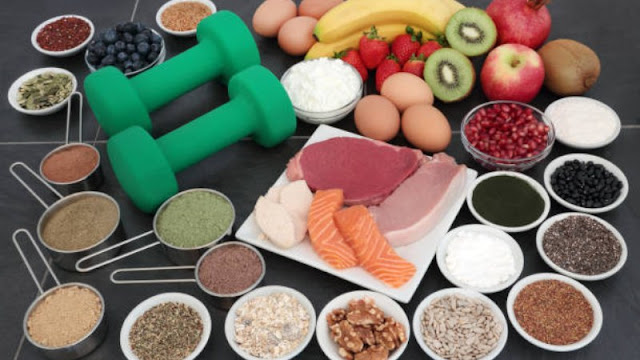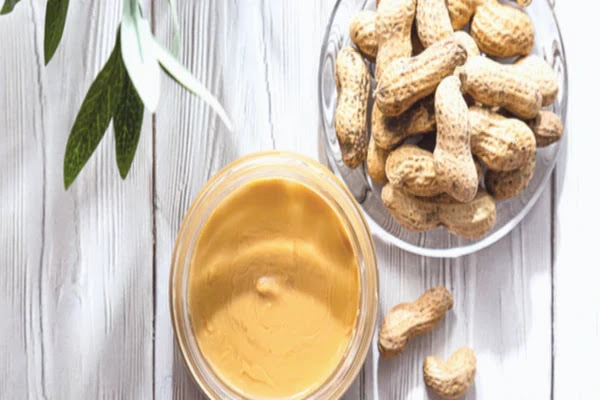Featured
- Get link
- X
- Other Apps
Understanding the Risks and Benefits of High Protein Diets

In recent years, high-protein diets have gained popularity
as a means to achieve weight loss, build muscle, and improve overall health.
However, like any dietary approach, high-protein diets come with both benefits
and risks. This article aims to provide a comprehensive understanding of the
potential advantages and drawbacks associated with consuming a diet rich in
protein.
Benefits of High Protein Diets
1. Weight Management and Fat Loss
One of the primary reasons individuals adopt high-protein
diets is for weight management. Protein has a higher satiety effect compared to
carbohydrates and fats, meaning it can help control appetite and reduce overall
calorie intake. Moreover, the thermic effect of protein, the energy required
for its digestion and absorption, is higher than that of fats and
carbohydrates, contributing to increased calorie expenditure.
2. Muscle Growth and Maintenance
Protein is crucial for muscle growth and repair. Athletes,
bodybuilders, and those engaged in regular exercise often opt for high-protein
diets to support muscle development. Consuming an adequate amount of protein
helps maintain lean body mass, especially during periods of calorie
restriction.
3. Metabolic Health
High-protein diets have been linked to improved metabolic
health. Protein can positively affect insulin sensitivity, glucose homeostasis,
and lipid profiles. These effects may contribute to a reduced risk of type 2
diabetes and cardiovascular diseases.
4. Bone Health
Protein is a key component of bone structure, and adequate
protein intake is essential for maintaining bone health. High-protein diets,
when combined with sufficient calcium intake, can support bone density and
reduce the risk of osteoporosis, especially in aging populations.
5. Improved Mood and Cognitive Function
Proteins are made up of amino acids, which are precursors to
neurotransmitters that play a role in mood regulation and cognitive function.
Including adequate protein in the diet may positively impact mental well-being
and cognitive performance.
Risks Associated with High Protein Diets
1. Kidney Function
One of the major concerns with high-protein diets is their
potential impact on kidney function. Excessive protein intake can strain the
kidneys, particularly in individuals with pre-existing kidney conditions.
However, for healthy individuals, current research suggests that moderate to
high protein intake is generally safe.
2. Nutrient Imbalance
Focusing solely on protein intake may lead to a neglect of
other essential nutrients. A balanced diet should include a variety of
macronutrients and micronutrients. Overemphasis on protein consumption at the
expense of other nutrients may result in deficiencies and compromise overall
health.
3. Digestive Issues
Some individuals may experience digestive issues such as
constipation or diarrhea when consuming high amounts of protein. It is
essential to stay hydrated and gradually increase protein intake to allow the
digestive system to adapt.
4. Long-Term Sustainability
High-protein diets, especially those that restrict
carbohydrates, may be challenging to sustain over the long term. This can lead
to dietary boredom and potential nutritional gaps if not planned thoughtfully.
5. Potential for Overconsumption
While protein is vital for health, excessive intake can lead
to an overconsumption of calories. This may be counterproductive for
individuals seeking weight loss, as an excess of any macronutrient can
contribute to weight gain.
Conclusion
High-protein diets offer various benefits, including weight management, muscle growth, and metabolic health improvements. However, it is crucial to be aware of potential risks such as kidney strain, nutrient imbalances, and digestive issues. Individual factors, including age, health status, and fitness goals, should be considered when determining the appropriate level of protein intake. Consulting with a healthcare professional or a registered dietitian can help tailor a dietary plan that meets individual needs while minimizing potential risks. Ultimately, a balanced and sustainable approach to nutrition is key to reaping the benefits of a high-protein diet without compromising overall health.
- Get link
- X
- Other Apps

